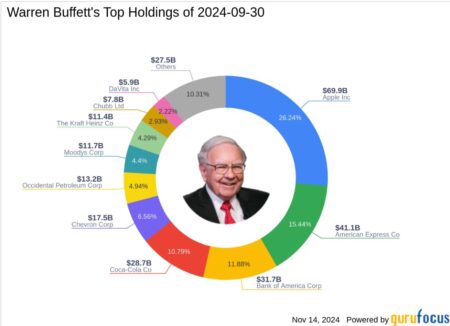In recent years, the concept of fiduciaries has gained visibility, spurred by advertisements emphasizing the importance of working with a financial professional who prioritizes their clients’ best interests. While the term “fiduciary” implies a commitment to client-centered service, the reality often holds nuances beyond what ads suggest.
According to the SEC Study on Investment Advisers and Broker-Dealers (January 2011), “An investment adviser is a fiduciary whose duty is to serve the best interests of its clients, including an obligation not to subordinate clients’ interests to its own.” This standard includes the duties of loyalty and care, essential principles that shape fiduciary responsibilities.
Financial Advisors vs. Investment Advisers
The term “financial advisor” is broad, encompassing various roles, from stockbrokers and insurance agents to investment advisers. Unlike fiduciary investment advisers, brokers (also known as registered representatives or financial advisers) operate under a suitability standard, meaning they must recommend products that are “suitable” but not necessarily the best option for the client. It’s wise to verify the exact scope of services a professional provides and the standards they are bound to uphold.
Investment adviser representatives, particularly those registered with the SEC, must adhere to the fiduciary duty discussed here.
Understanding Fiduciary Duty
At its core, fiduciary duty requires professionals to act in their clients’ best interests, placing clients’ needs above their own or their firm’s. Investment adviser representatives who pass the Series 65 exam operate under this fiduciary standard and typically work within Registered Investment Adviser (RIA) firms that uphold fiduciary obligations.
However, complexities can arise even in this framework. Some advisers hold dual registration, allowing them to switch between fiduciary and non-fiduciary roles depending on the transaction. This duality may create conflicts of interest, especially when advisers earn commissions on certain products, blurring the lines between objective advice and sales.
Certified Financial Planners (CFPs®) – A Higher Fiduciary Standard
The Certified Financial Planner (CFP®) designation signifies a higher fiduciary standard in financial planning. To earn this title, professionals must pass a rigorous exam, complete three years of experience, and pursue ongoing education. Longevity in practice alone does not equate to meeting this standard.
For CFP® professionals, fiduciary duty includes several critical obligations:
- Duty of Loyalty: A CFP® professional must place client interests above those of their own or their firm, avoid conflicts of interest, and fully disclose any material conflicts to the client. In cases of unavoidable conflicts, CFP® professionals must act in the client’s best interests, ensuring transparency and informed consent.
- Duty of Care: A CFP® professional must provide advice with the care, skill, prudence, and diligence that a prudent expert would exercise, considering the client’s goals, risk tolerance, objectives, and unique financial circumstances.
- Duty to Follow Client Instructions: A CFP® professional must respect all client objectives, policies, and lawful directions within the agreed engagement.
While competence is not explicitly defined as a fiduciary duty, CFP® professionals must demonstrate relevant knowledge and skill to serve their clients effectively. When lacking expertise in a specific area, CFP® professionals are expected to consult with a qualified professional or refer the client accordingly. To maintain this high standard, CFP® professionals complete 30 hours of continuing education every two years to stay informed on current tax laws, investment strategies, regulatory updates, and best practices.
The Takeaway: “Trust, but Verify”
When choosing a financial professional, it’s essential to go beyond titles and designations. Verify credentials, licenses, and reputations through resources like the SEC’s Investment Adviser Public Disclosure database and FINRA’s BrokerCheck and Professional Designations. Your financial journey is unique and ensuring your advisor’s qualifications align with your personal goals is foundational to building a trust-based, effective relationship.
In a world of complex financial services, making an informed choice provides peace of mind that your financial decisions are aligned with your priorities and values.
Read the full article here











